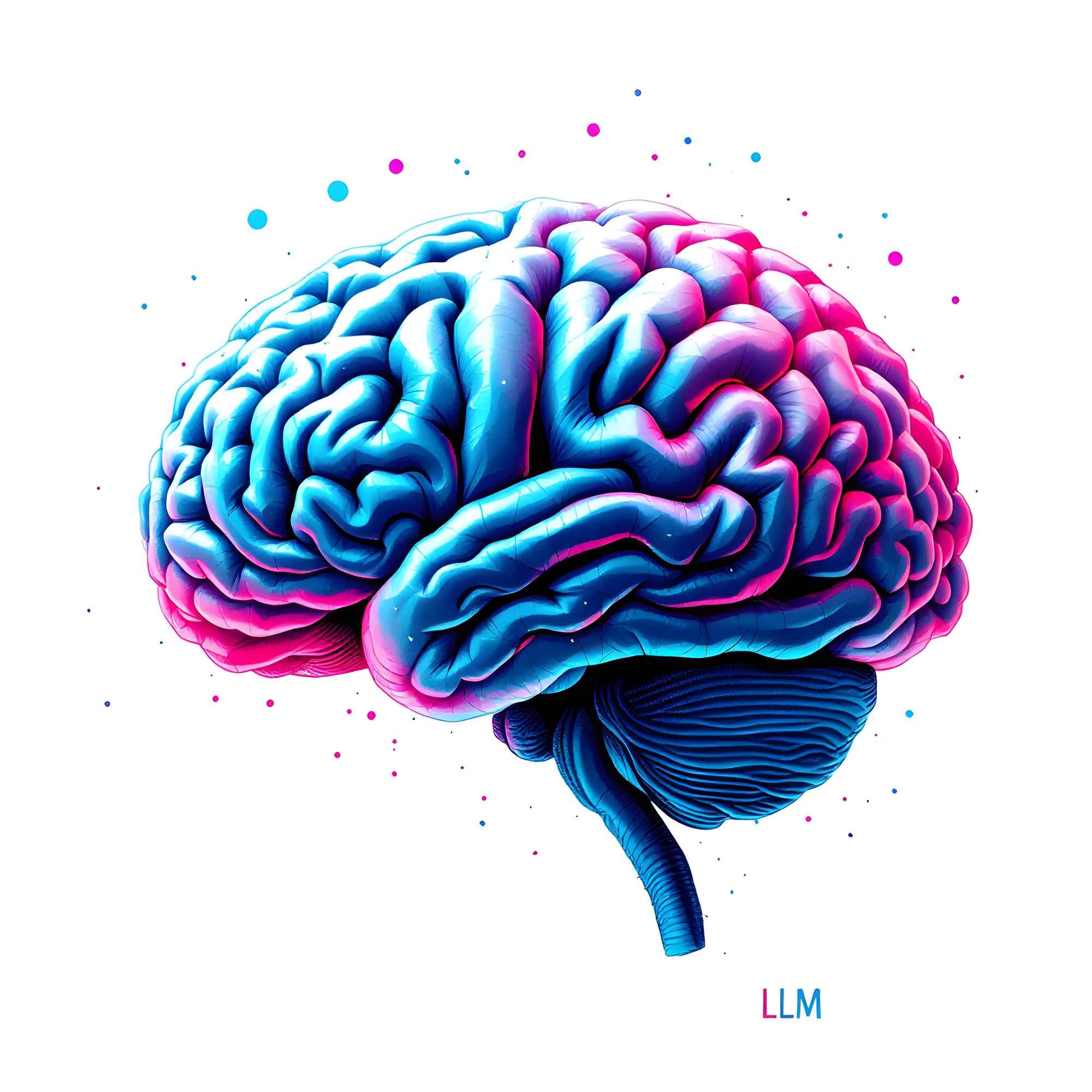The world of Artificial Intelligence is moving at an unprecedented pace, and June 2025 has delivered a fresh wave of innovations that are set to redefine how we interact with technology and even navigate our careers. From personal digital companions to groundbreaking enterprise solutions, the AI evolution is here, and understanding these developments is crucial for staying ahead. This post will break down the latest, most impactful AI advancements this month, explaining what they are and how they can benefit you.
Key AI Developments This Month
This June, the AI evolution continues to accelerate, bringing us closer to a future where intelligent systems are seamlessly integrated into our daily lives and work. We've seen significant strides in personalised AI, digital twin technology, and the increasingly automated job market.

Image from Apple
Apple Intelligence: Your Smarter Digital Companion
Apple has unveiled exciting new capabilities for Apple Intelligence, making our personal devices even more intuitive and powerful. These advancements focus on enhancing communication, creativity, and visual intelligence.
- Live Translation: Breaking down language barriers, Live Translation is now integrated into Messages, FaceTime, and Phone. Imagine messaging new friends while travelling, and your text is translated as you type, delivered in their preferred language. During FaceTime calls, you can follow along with translated live captions while still hearing the speaker's voice. This on-device processing ensures your conversations remain private.
- Enhanced Genmoji and Image Playground: Expressing yourself just got easier. Beyond text descriptions, you can now mix existing emojis with descriptions to create entirely new Genmoji. Image Playground also allows for creative exploration, letting you change expressions or adjust personal attributes like hairstyles in images inspired by family and friends. New styles powered by ChatGPT, such as oil painting or vector art, are also available, ensuring you're always in control of what's shared.
- Expanded Visual Intelligence: Your iPhone screen is now more interactive than ever. Visual intelligence extends to what you're viewing across apps, enabling you to ask ChatGPT questions about on-screen content, search Google or other supported apps for similar items, or even highlight an object to find it online. It can even recognise events on your screen and pre-populate calendar details for you.

Image from Apple
These updates showcase Apple's commitment to delivering a truly personalised and intelligent user experience, transforming your iPhone into a more powerful assistant. For more details on these features, you can explore Apple's official newsroom.
NVIDIA's Digital Twins for the Enterprise
NVIDIA continues to push the boundaries of industrial AI, with significant advancements in digital twin technology. While not specifically for Zoom meetings as a direct consumer product (yet!), these breakthroughs are revolutionising how businesses operate and innovate.
Image from Nvidia

- Operational Digital Twins: The focus is on creating accurate, real-time digital twins of entire operations, from factories to logistics centres. These virtual replicas, powered by NVIDIA Omniverse and AI, enable companies to simulate and optimise processes, test new layouts, and train AI models in a risk-free environment before deployment in the real world. This leads to substantial improvements in efficiency, reduced thermal risks, and optimised material flow.
- AI-Powered Robotics: NVIDIA is advancing Physical AI, where robots learn complex tasks in digital twin environments before being deployed. This accelerates automation in manufacturing, logistics, and other sectors, leading to safer and more efficient operations.
These developments highlight how NVIDIA's digital twin technology is laying the foundation for the next generation of industrial AI, enabling unprecedented levels of simulation, optimisation, and automation.
AI's Impact on the Job Market: Automation and Opportunity
The AI evolution is profoundly reshaping the global job market, creating both challenges and exciting new opportunities. June 2025 data reinforces this shifting landscape.
- Increased Productivity and Wage Premiums: According to PwC's 2025 Global AI Jobs Barometer, industries most exposed to AI have seen productivity growth nearly quadruple since GenAI's proliferation in 2022. Furthermore, jobs requiring AI skills offer a significant wage premium, averaging 56% globally. This indicates that AI is making workers more valuable and productive.
- Job Growth Even in "Automatable" Roles: Contrary to widespread fears, the report suggests that jobs are growing in virtually every type of AI-exposed occupation, including those considered highly automatable. This is because AI often augments human capabilities rather than simply replacing them.
- Shifting Skill Requirements: The demand for formal degrees is declining, especially in AI-exposed jobs, while the skills sought by employers are changing 66% faster in these roles. This emphasises the need for continuous upskilling and adaptability. Companies are increasingly prioritising skills in data, automation, and cross-functional expertise.
- AI in Job Hunting Automation: Companies are increasingly using AI to screen resumes and automate parts of the hiring process, which can reduce hiring time. For job seekers, this means tailoring applications not just for human recruiters, but also for AI algorithms.
The key takeaway is that the AI-driven job market demands a proactive approach to skill development and a willingness to adapt to new tools and workflows. AI isn't just about efficiency; it's a growth strategy.
The Road Ahead
The AI evolution in June 2025 underscores a clear trend: AI is moving beyond niche applications to become a fundamental component of our personal and professional lives. From making our daily interactions smoother with Apple Intelligence to revolutionising industrial processes with NVIDIA's digital twins and transforming the job market, AI's influence is undeniable.
As AI continues to mature, we can expect even deeper integration, more personalised experiences, and continued shifts in how we work and learn. Staying informed, embracing lifelong learning, and adapting to new technologies will be key to thriving in this exciting era.
Did you find these insights valuable? Share your thoughts in the comments below



